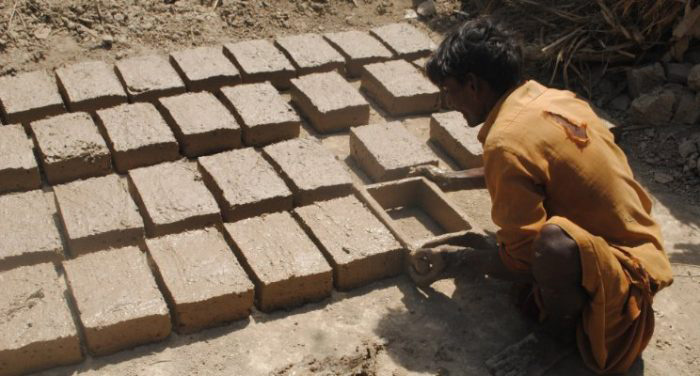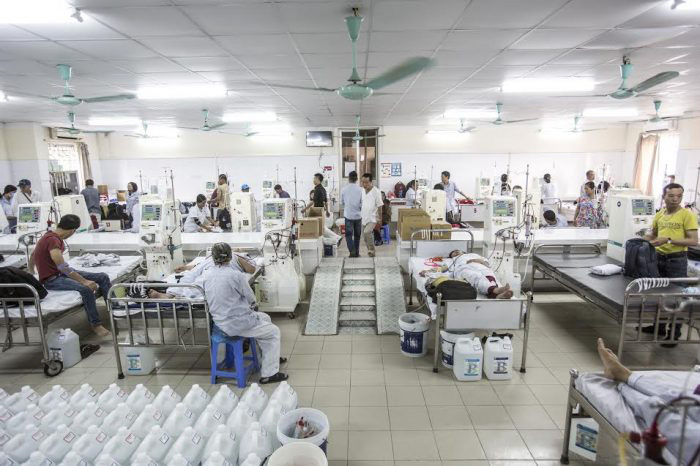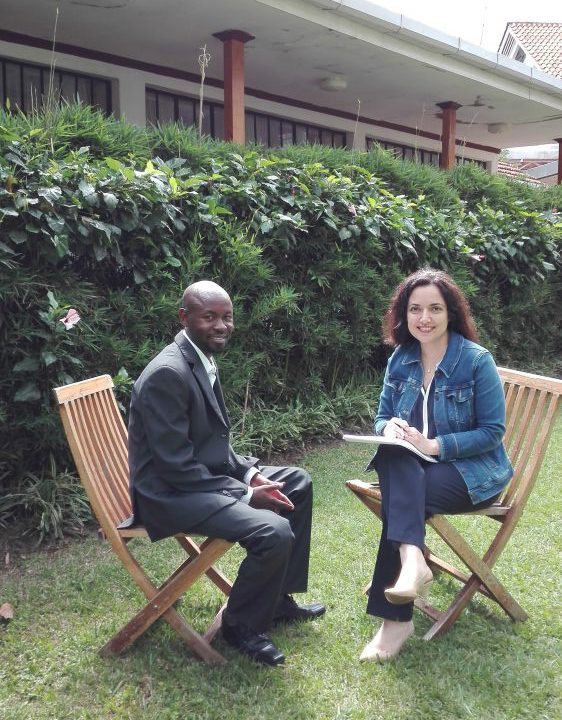domestic resource mobilisation
- Filter by
- Categories
- Tags
- Authors
- Show all
- All
- academia
- accountability
- adaptation
- afghanistan
- aid
- aid effectiveness
- architecture
- Argentina
- asylum-seeker
- budget
- bureaucracy
- business
- capacity sharing
- child protection
- children's rights
- citizen engagement
- citizen participation
- citizen voice
- climate c
- climate change
- colombia
- community
- community development
- comparative development
- conflict
- cooperation
- COP21
- COP26
- corporations
- Covid-19
- data
- decision-making
- decolonisation
- Democratic Republic of Congo
- developing countries
- development
- development co-operation
- development effectiveness
- development finance
- dialogue
- disaster preparedness
- disaster response
- domestic resource mobilisation
- donors
- DRC
- economic empowerment
- emergency preparedness
- employment
- entrepreneurship
- equality
- espanol
- EU
- evaluation
- feedback loops
- feminism
- français
- gender
- gender equality
- gender-based violence
- global development
- gpedc
- grand bargain
- Haiti
- health
- homeless
- housing
- human rights
- humanitarian aid
- humanitarian effectiveness
- ICT4D
- inclusion
- indirect cost recovery
- inequality
- information
- INGOs
- innovation
- integration
- international cooperation
- international humanitarian law
- jobs
- Kenya
- knowledge
- language
- least
- least developed countries
- LGBTI
- local aid workers
- local development
- local NGOs
- localisation
- men
- mental health
- mexico
- migrants
- migration
- mining
- minorities
- mirps
- multinationals
- natural disasters
- negotiations
- NGOs
- Nigeria
- Northern
- ODA
- OECD
- ownership
- Pacific
- participation
- participatory methods
- partnerships
- peace
- perceptions
- perceptual data
- perspectives
- philanthropy
- Philippines
- policy
- policymaking
- politics
- poverty
- power
- protection
- racism
- RDC
- refugees
- representation
- Republique Democratique du Congo
- resilience
- responsiveness
- rights
- sexual abuse
- sexual harassment
- social accountability
- social justice
- solidarity
- South-South cooperation
- Southern
- southern voices
- statistics
- sustainable development
- sustainable tourism
- Syria
- Tanzania
- tax
- time
- transparency
- Uganda
- Ukraine
- UN
- united nations
- Vietnam
- water and sanitation
- women
- women's rights
- world food day
- world humanitarian summit
- youth
December 17, 2017
Published by Clinton Robinson at December 17, 2017
Categories
The development literature of the 1980s and 1990s gave considerable attention to participation in development – engaging local people, the “beneficiaries”, in decisions relating to their own development. This school of thought quickly drew criticism as the question was asked: what are they participating in? Of course, the answer was frequently that participation was little more than mobilising people in implementing an outside agenda, however well-meaning that may have been.
June 21, 2017
Published by Farida Tchaitchian Bena at June 21, 2017
Categories
I continue to explore how developing countries go about increasing their tax revenues as a way to escape from poverty, reducing the need for aid and other forms of international co-operation. In jargon, we call these efforts domestic resource mobilisation. This time I have spoken with Huong Nguyen, Non-Executive Director of the Vietnam Initiative Social Enterprise (VNI), a leading Vietnamese think-tank based in the country’s capital, Hanoi...
May 18, 2017
Published by Farida Tchaitchian Bena at May 18, 2017
Categories
Strengthening a developing country’s finances by increasing its tax revenues, rather than depending exclusively on aid, is widely seen as the way forward in the development community. Yet, few people actually know first-hand what it takes to generate support for increasing tax revenues in a developing country – particularly at community level...



